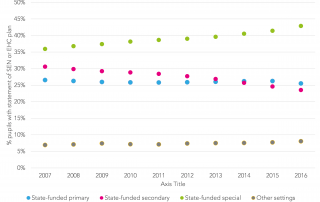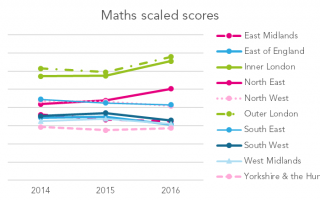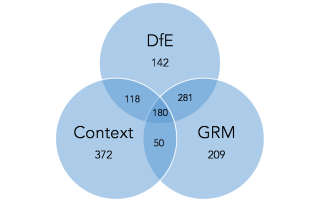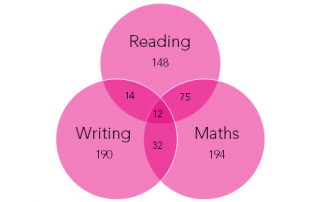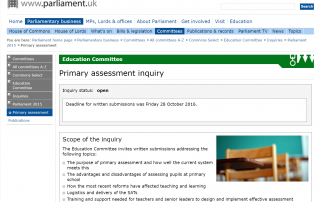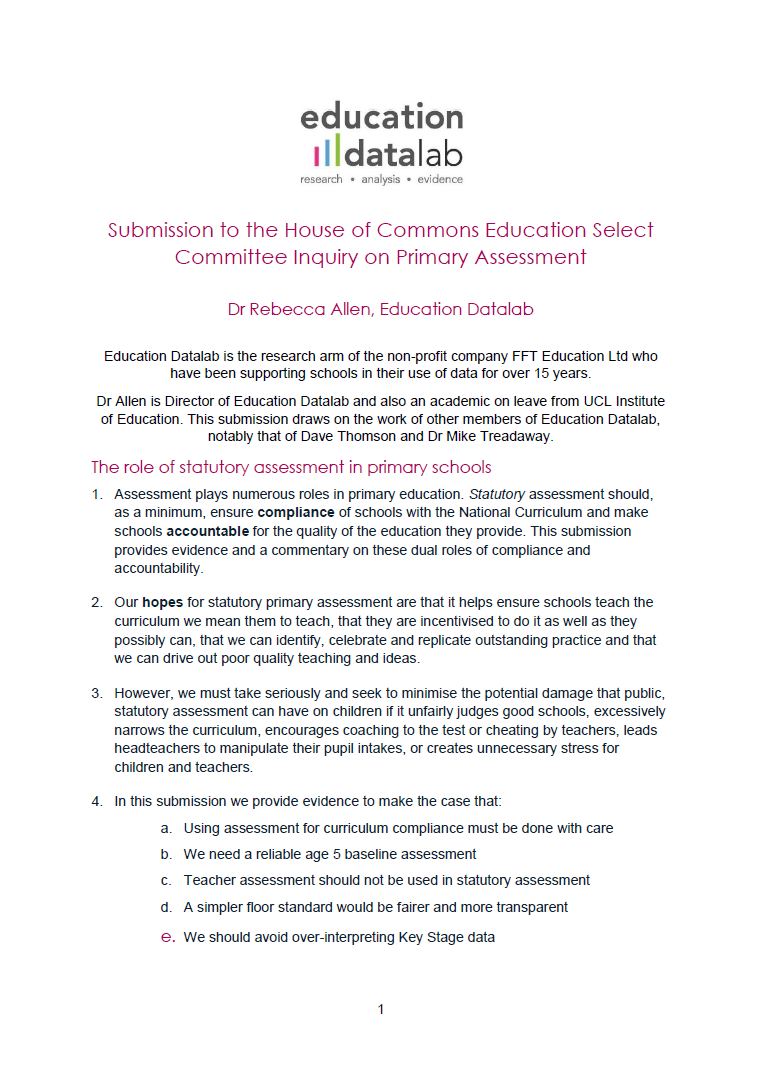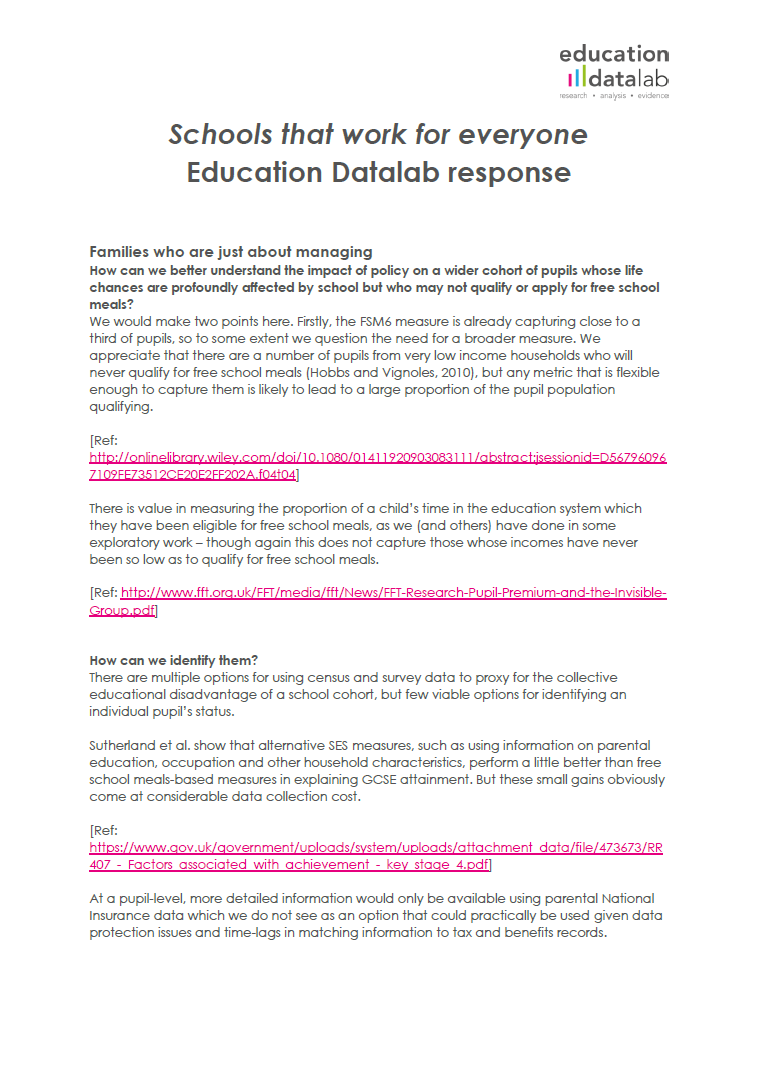Forget about grammars, we need places for pupils with special educational needs
Two blogposts from the Headteachers’ Roundtable concerning funding and pupils with statements of special educational needs (SEN) or education, health and care plans (EHCP) caught our eye recently. The first, by Jarlath O’Brien, highlighted the projected 15% increase in the number of pupils requiring a place in a special school over the next ten years [...]



